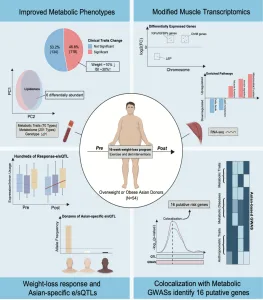Infant Immunity Boost: Virtual Memory T Cells Step Up
Groundbreaking research from St. Jude has revealed a fascinating aspect of infant immunity. It appears that virtual memory T cells play a crucial role in providing early, non-specific protection for babies. This discovery highlights a fascinating link between the innate and adaptive immune systems.
Understanding Virtual Memory T Cells
Virtual memory T cells are a unique type of immune cell that act as a first line of defense. Unlike other T cells that need prior exposure to an antigen to become activated, virtual memory T cells are ready to respond to a broad range of threats without previous sensitization. This makes them particularly valuable in infants, whose immune systems are still developing.
- Early Protection: These cells provide immediate, non-specific immunity.
- Bridge Between Systems: They connect the innate and adaptive immune responses.
The Significance of the Findings
This research sheds light on how infants are protected from infections during their vulnerable early months. By understanding the role of virtual memory T cells, scientists can potentially develop new strategies to enhance infant immunity and prevent severe infections.
Potential Implications
- Development of novel vaccines and immunotherapies.
- Improved strategies for preventing infections in infants.
- A deeper understanding of the developing immune system.
Final Words
The St. Jude study offers important insights into the complexities of infant immunity. By identifying virtual memory T cells as key players in early protection, this research opens up exciting new avenues for improving infant health and preventing infectious diseases.




+ There are no comments
Add yours